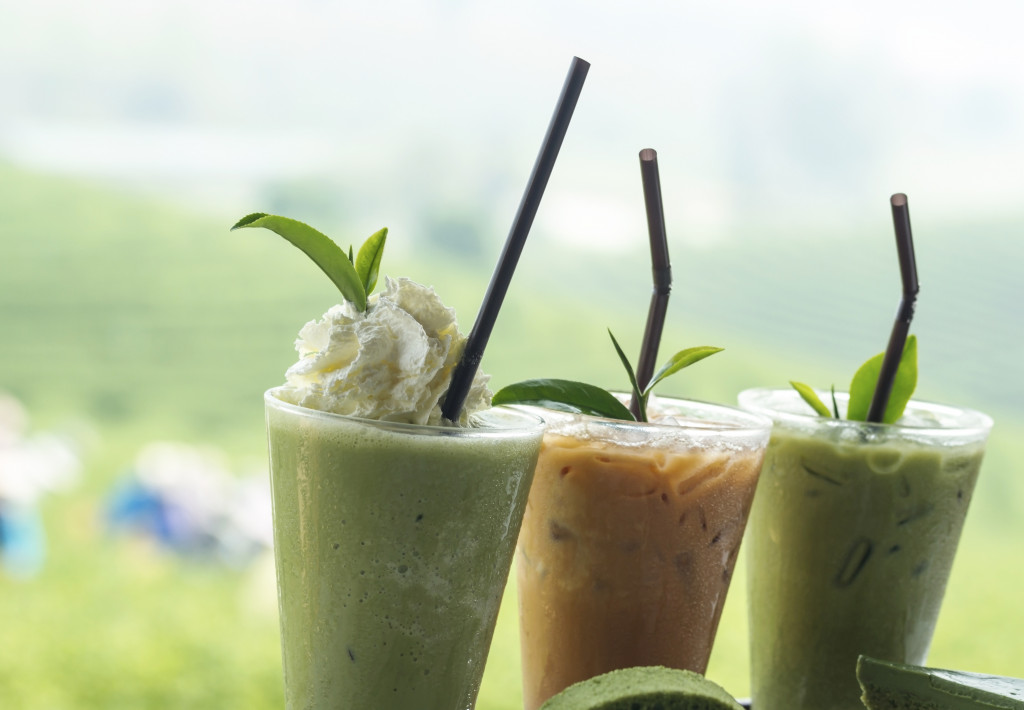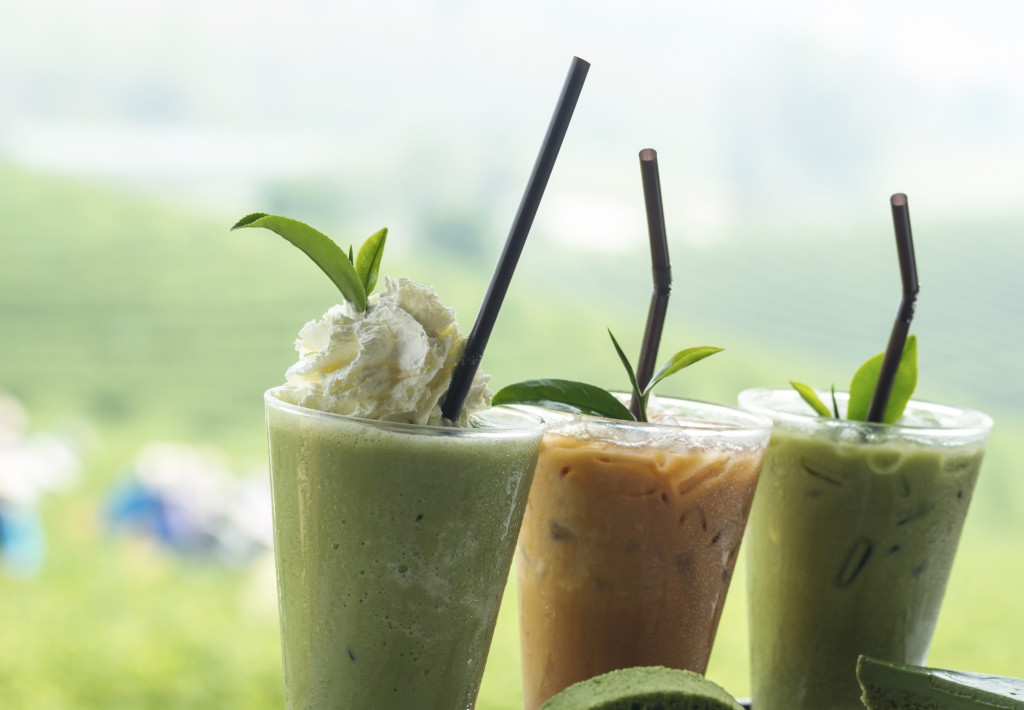 Humans need water to survive. According to the Mayo Clinic and the Centers for Disease Control and Prevention, the human body uses water to control its temperature; assist in dissolving nutrients and minerals for absorption and use; carry oxygen and nutrients to cells; lubricate joints and maintain cushioning; moisten the tissues in the eyes, mouth, and nose; protect organs, the spinal cord, and tissues; and flush out toxins through sweat, urine, and bowel movements.
Humans need water to survive. According to the Mayo Clinic and the Centers for Disease Control and Prevention, the human body uses water to control its temperature; assist in dissolving nutrients and minerals for absorption and use; carry oxygen and nutrients to cells; lubricate joints and maintain cushioning; moisten the tissues in the eyes, mouth, and nose; protect organs, the spinal cord, and tissues; and flush out toxins through sweat, urine, and bowel movements.
Causes and Effects of Dehydration
The minimum intake of liquids per day is 15.5 cups for men and 11.5 cups for women. This can be a combination of water and other healthy beverages. Lack of adequate water intake leads to dehydration. The CDC states that dehydration can result in overheating of the body, constipation, mood swings, lack of clarity in thinking, and kidney stones.
A study updated in October 2021 shows that 17 percent to 28 percent of the elderly in the United States are chronically dehydrated. It is a frequent reason for hospitalization and can lead to death if untreated.
At any age, a person can become dehydrated under high fever or when having diarrhea or continuous vomiting. Reasonably healthy people can become dehydrated, as well. This happens in very hot weather or during physical activity.

Healthy Hydration
The Harvard University T.H. Chan School of Public Health cites the recommendations of the Beverage Guidance Panel previously published in the American Journal of Clinical Nutrition. The panel has six independent experts, among them Dr. Walter C. Willett from the Department of Nutrition of the Harvard School of Public Health.
Water is the primary source of hydration promoted by experts. It is all that the body needs since nutrients should come from food. Half of a person’s daily fluid intake must be plain water. More is better.
Next to water, the healthiest drinks are coffee and tea without added sugar, cream, milk, or any other flavoring. A natural and calorie-free alternative to sugar for sweetening is stevia. Coffee and tea have healthful biologically active substances including flavonoids and antioxidants. Coffee provides some protection against type 2 diabetes while green tea helps protect against heart disease. Coffee and tea can make up one-third of a person’s daily fluid intake. Pregnant women, however, must limit their intake of beverages with caffeine to one cup a day.
Coffee and tea can be hot or cold. Having a Scotsman ice machine at home can make plain water or any drink more enjoyable because the ice does not absorb odors or flavors from other food in the freezer.
Children need good sources of vitamin D, calcium, protein, and other micronutrients. If these are from cow’s milk, the maximum daily intake must be two glasses. Fortified soy milk can replace cow’s milk in providing these. Children must learn to enjoy drinking plain water as their main source of hydration. Other nutrients must be sourced from healthy food.
Drinks as Treats
To break the monotony of drinking plain water, coffee, and tea, people drink other beverages. Some are totally unhealthy and must be avoided as much as possible. These include sugary soft drinks, fruit juice concentrates, fruit smoothies, and fancy coffee and tea drinks. Sports drinks are only needed by athletes who do high-intensity daily workouts lasting more than an hour per session.
Some drinks are allowed in moderation. These must be considered as treats rather than regular sources of hydration. For instance, as a replacement for soft drinks, sodas sweetened with stevia can be taken at up to 16 ounces a day.
Adults do not need milk. For those who drink it for enjoyment, the panel recommends choosing skim milk, low-fat milk, 1% milk, or 1.5% milk. Even these must be taken in moderation because high intake can lead to ovarian cancer in women or prostate cancer in men. Milk and all dairy products must be limited to a maximum of two glasses a day. Less is better. Calcium must be taken from other food sources such as vegetables.
Pure fresh fruit and vegetable juices without additives are healthy but contain calories. These calories must be included in the person’s daily calorie count so as not to contribute to unwanted weight gain. Because fruit juice contains natural sugar, the Dietary Guidelines for Americans limit daily intake to four ounces.
The drinking of liquor is discouraged. If it cannot be helped, the recommendation is a maximum of one drink for women and up to two drinks for men.
Water is Life
Experts state that a person can survive up to two months without food if there is a source of drinking water. On the other hand, a person can only survive for about three days without water. It is crucial to understand how much the body needs a regular and adequate supply of water to stay healthy.

